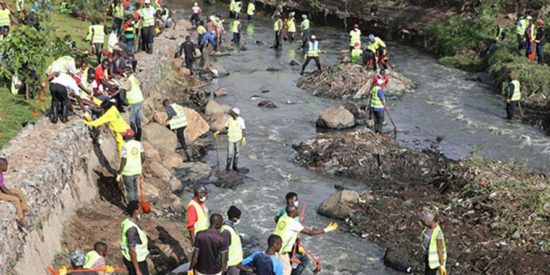Antimicrobial resistance: India needs waste management, process control to prevent antibiotic pollution
The domestic pharmaceutical industry needs to take the lead in limiting antibiotic pollution — one of the biggest problems the world is staring at.
Almost half, or 43 per cent, of the world’s rivers are contaminated with active pharmaceutical ingredients in concentrations that can have disastrous ramifications on health. The industry must prioritise wastewater management and process controls to limit antibiotic pollution and AMR.
There is widespread acknowledgement of the interconnectivity between humans, animals, and the environmental ecosystem. But unsustainable development patterns due to anthropological activities continue to usher in a climate crisis that has far-reaching consequences.
AMR NEWS
Your Biweekly Source for Global AMR Insights!
Stay informed with the essential newsletter that brings together all the latest One Health news on antimicrobial resistance. Delivered straight to your inbox every two weeks, AMR NEWS provides a curated selection of international insights, key publications, and the latest updates in the fight against AMR.
Don’t miss out on staying ahead in the global AMR movement—subscribe now!







